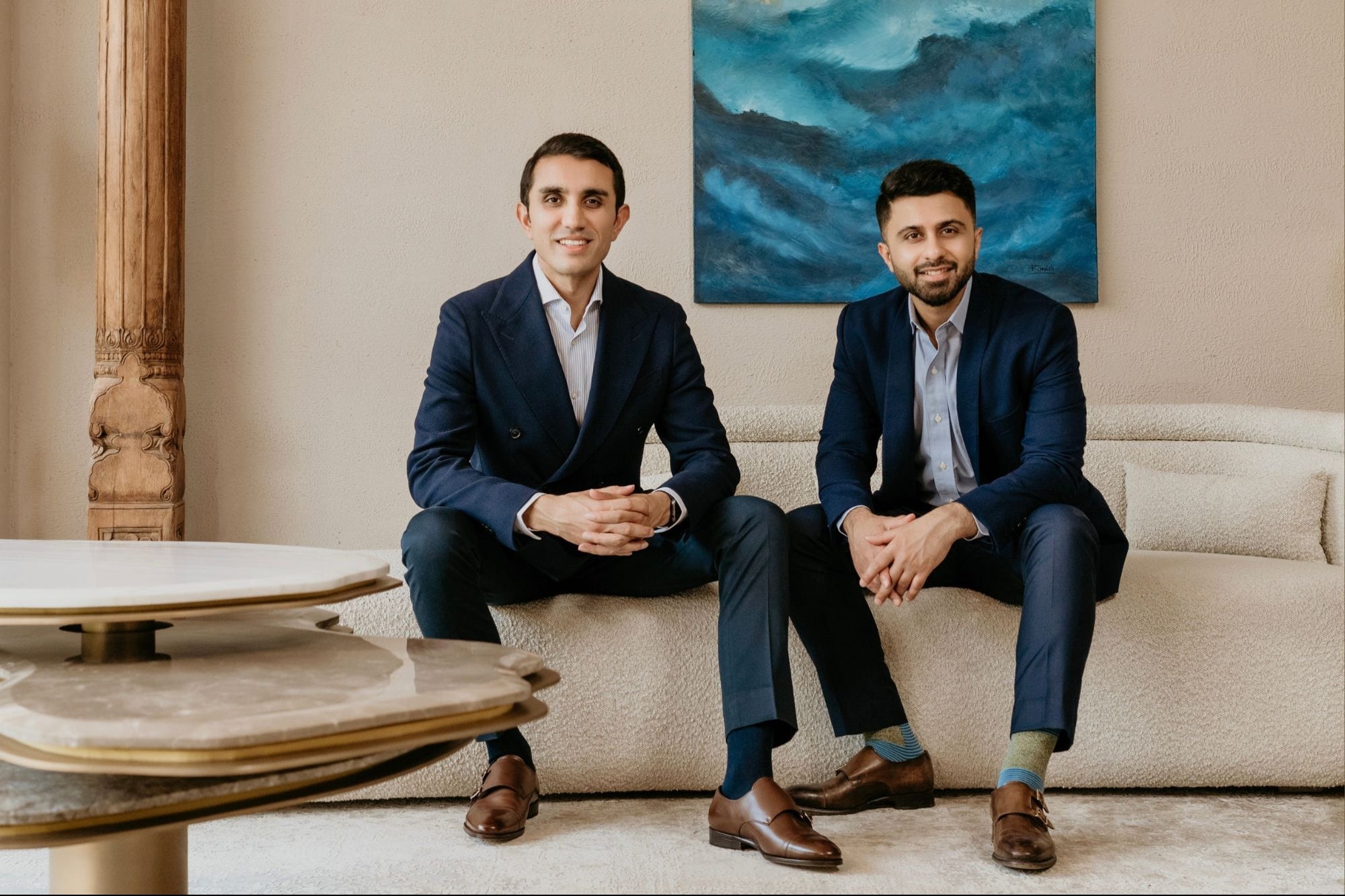Preserving Nature Is Deep-Rooted In Our Culture: Sadhguru At TiE Sustainability Summit 2021 Sadhguru spoke about leveraging Indian traditions for global sustainability on the second day of the three-day summit
By S Shanthi
Opinions expressed by Entrepreneur contributors are their own.
You're reading Entrepreneur India, an international franchise of Entrepreneur Media.

Earthquakes, tornadoes, hurricanes, tsunamis, forest fire... The list of natural calamities that the earth is vulnerable to today is endless. Even though they are called natural calamities, it is proven that these are the results of unsustainable human practices across the world since the last few decades.
However, today, especially after the pandemic, there is an increased awareness that it is time we set things right. Governments and citizens are waking up to the urgent need to work towards global sustainability.
The TIE Sustainability summit 2021 is a step in that direction. The entrepreneurship conference will see the gathering of many social enterprises in the world, where entrepreneurs will meet sustainability. The inauguration of the event was held in person at HICC on Monday 4th October 2021 morning and the rest of the sessions are being held virtually until 6th October 2021. The summit features 225 speakers, 65 sessions over six tracks and 200 investors.
Delivering a keynote address, Gautam Adani, chairman, Adani Group said there is no vaccine for climate change. "At least, pandemics like Covid 19 can be countered by vaccines. The Director-General of the World Health Organization summarized it well when he said there is no vaccine for climate change! The annual rate of increase in atmospheric CO2 emissions since 1970 is up almost 100 times. The search for sustainable solutions starts with admitting that the current situation is unsustainable," said Adani.
Sadhguru On Leveraging Indian Traditions for Global Sustainability
Talking at one of the sessions, Sadhguru Jaggi Vasudev said, "We always think that the solution to the environmental problem is elsewhere. We need to understand that all environmental issues have only one problem, that is the human being. Without fixing the human being and transforming him or her, you cannot transform the environment. We have not paid enough efforts to raise human conscience in such a way that it is naturally alert."
Sadhguru also spoke about how taking care of nature has been part of our culture. "There are hundreds of trees that are considered sacred by different communities. Only in the last 20-40 years, we have seen short-term policies and these things have been overlooked," he said.
Sadhguru also narrated an incident from the past. "In 1730, the local government, the king of that area was approached by people wanting to cut trees for commercial purposes. Immediately, 363 men and women of that community put their hands around it. They were chopped along with trees. 363 men and women sacrificed their lives to save one tree each. After that, the king was so deeply disturbed that he said no green tree should be cut in that area. So these things have been there always as part of our culture
Sadhguru believes that you can only save if people have some sense of involvement and emotion. Talking about his Cauvery Calling project, he said, "This was possible because of an emotional connect. Ecology is not an academic science. It is part of our lives. The word human comes from the word humus. Without feeling for the soil you cannot have human beings growing well.
He also spoke about how farmers respect the soil. "Before farmer steps into the land, in southern India, he will bow down to the soil. That's the respect we give. He also believes that no government can do anything significant unless it comes from every person. "On the ground, if a change has to come, people have to feel for it. This is deep-rooted in our culture. This has to come back in various ways," he said.
Talking about the responsibilities of businesses, he said. "Religious people, political people and some business people want our species to grow. We have to understand that at any one time one species outruns another species, we are heading towards disaster. In the last fifty years, the population of many species has come down. Whereas ours have doubled."











